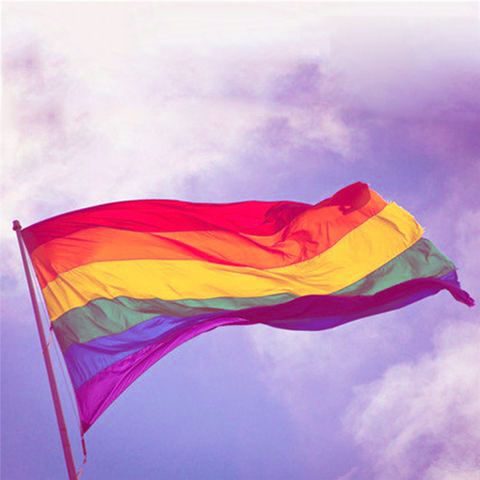
International Report Indicates Increases in LGBTI Funding Still Inadequate for Pressing Needs in the Global South and East
International Report Indicates Increases in LGBTI Funding Still Inadequate for Pressing Needs in the Global South and East
By: Andrew Wallace on November 6, 2016
Funders for LGBTQ Issues has just published its third edition of a report on grantmaking to lesbian, gay, bisexual, transgender and intersex (LGBTI) communities in the Global South and East. A Global Gaze: Lesbian, Gay, Bisexual, Transgender and Intersex Grantmaking in the Global South and East (2010), documents that giving to LGBTI communities in the Global South and East has increased by 35% since our last report in 2007. Although the increase is significant, the report notes that “these numbers, while they represent an increase in the number of grants, dollars, and grantkmakers, are dangerously insufficient” in a current global economic and political context in which there is “a competing stream of support for LGBTI-related issues: U.S.-based evangelical Christian entities…” supporting state-sponsored persecution and punishment of LGBTI people.
The report describes the amount and type of grantmaking for LGBTI populations in the Global South and East, as well as the strategies, issues, and populations funded. In an effort to address the need for more resources and the participation of more funders in this field, this year’s edition includes suggested entry points for funders and interviews with non-LGBTI-specific funders in Africa and South America who have made support of LGBTI issues and initiatives important components of their work. “Increasingly, human rights and social justice funders are recognizing that LGBTI rights and liberation are inextricably bound up with those of the large communities they already fund,” says N. Ordover, Program Director of Funders for LGBTQ Issues, “however their grantmaking practices have not kept up with this understanding, or responded adequately to the urgency of the work.”
Among the report’s findings:
Download the report here in English, Spanish, or French.
Founded in 1982, New York-based Funders for LGBTQ Issues seeks to mobilize philanthropic resources that enhance the well-being of lesbian, gay, bisexual, transgender and queer communities, promote equity, and advance racial, economic, and gender justice.

